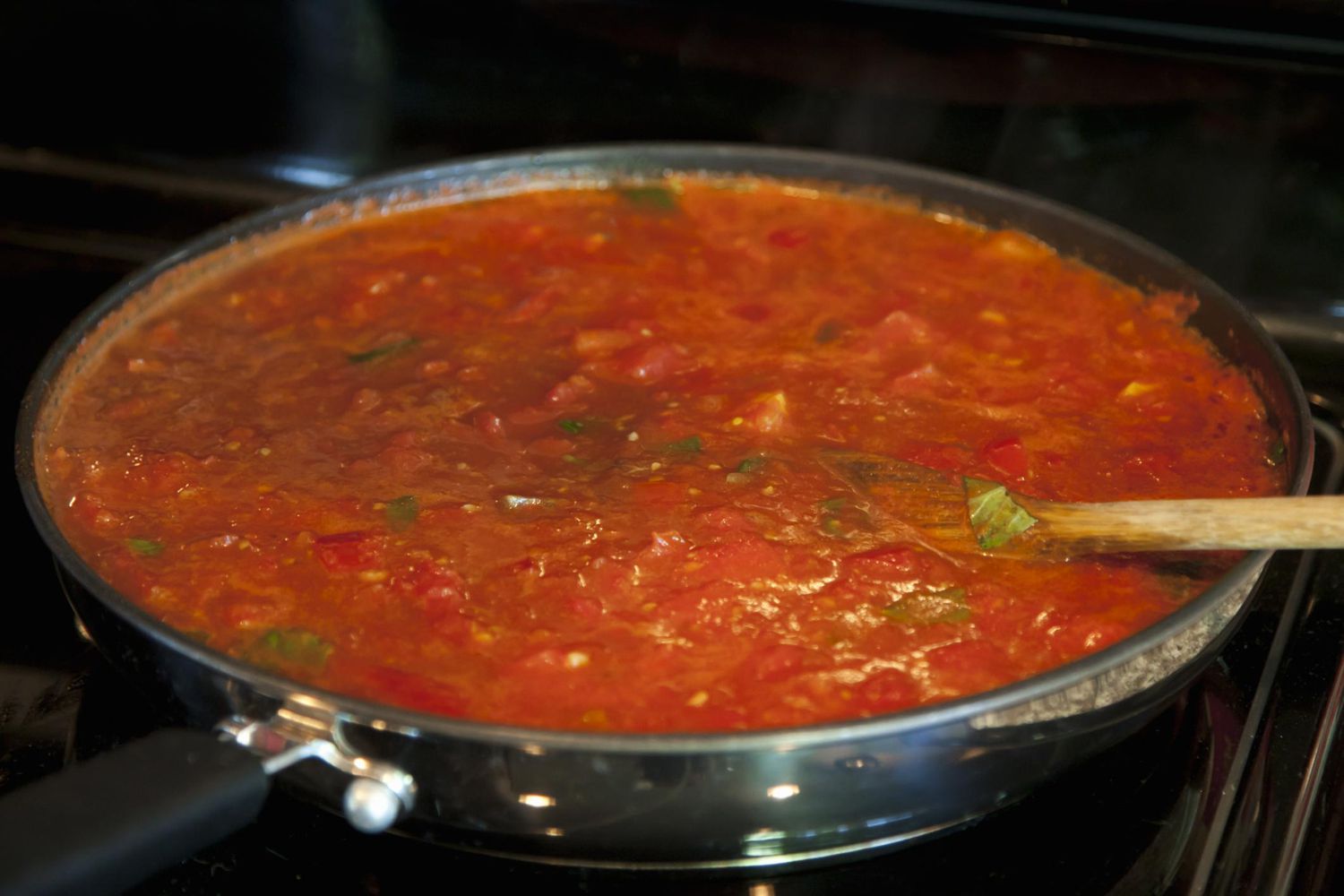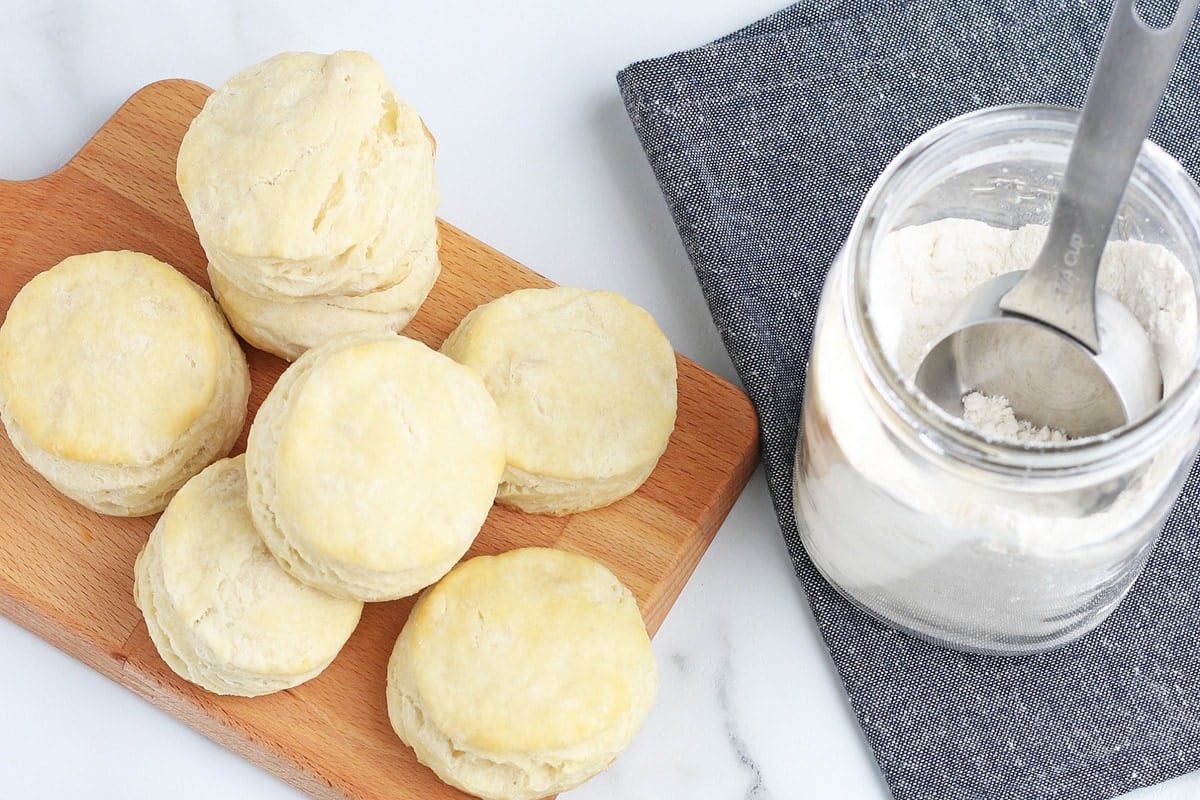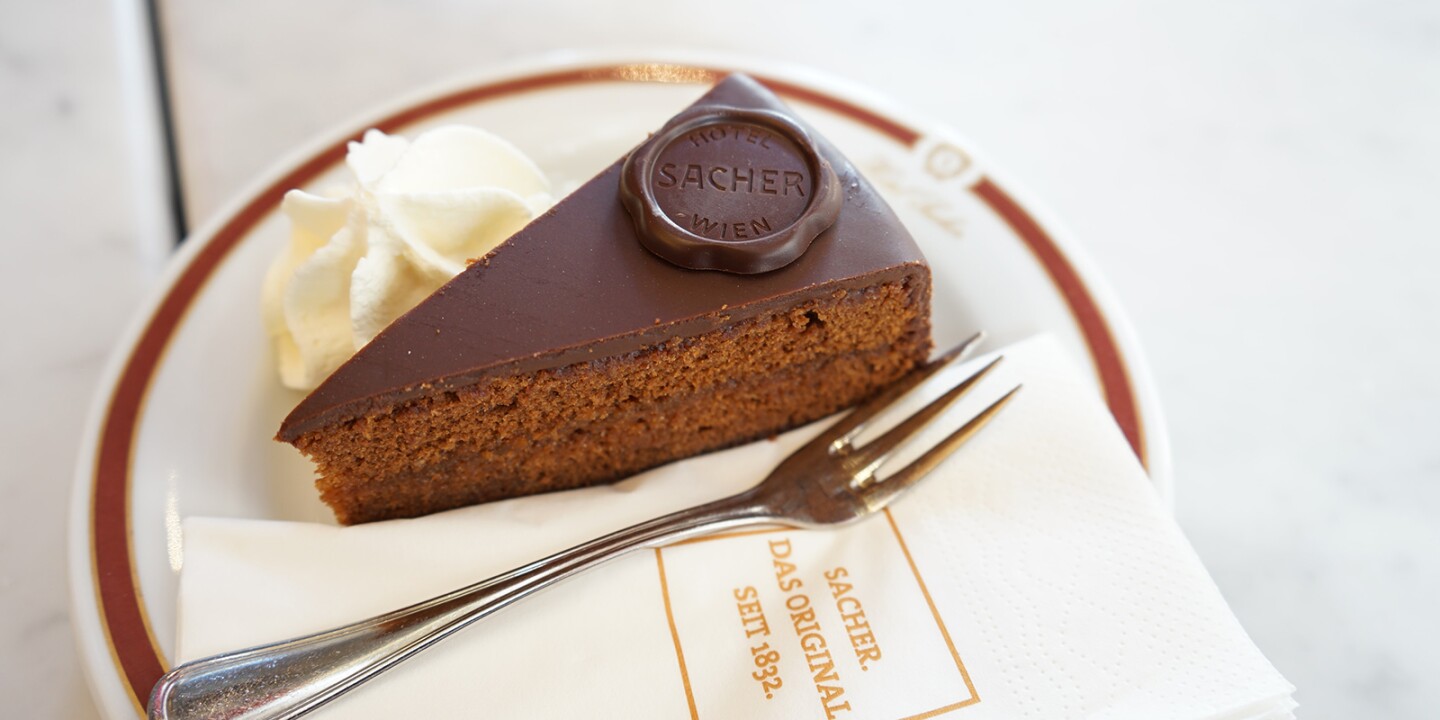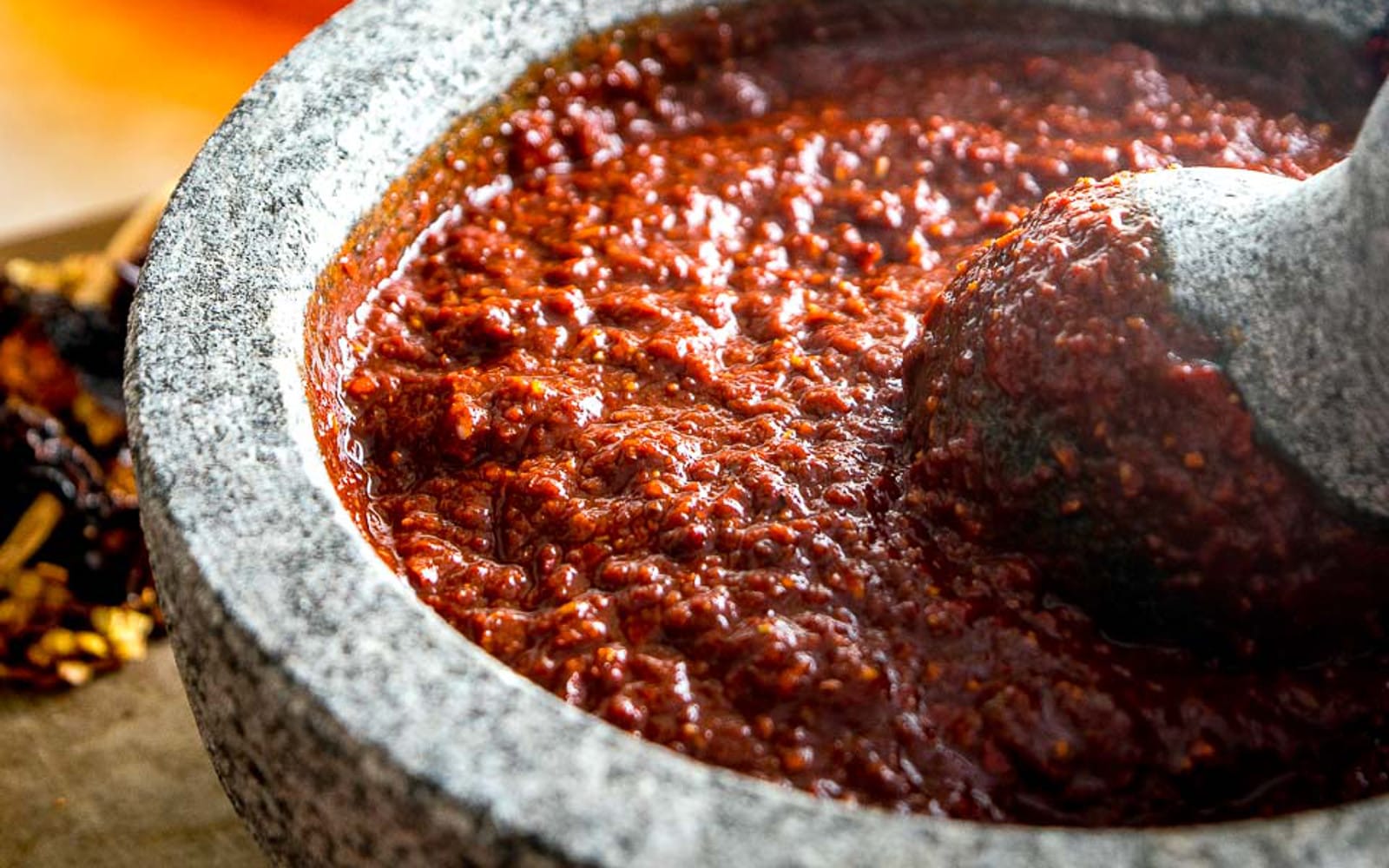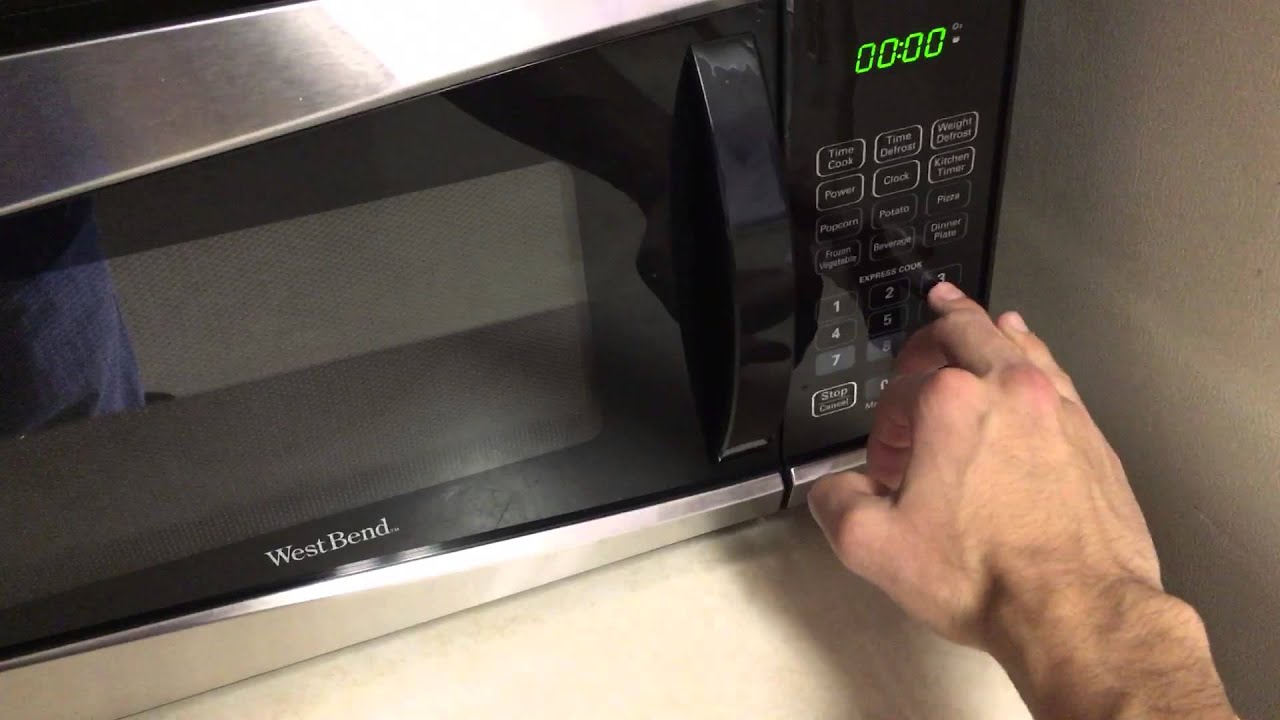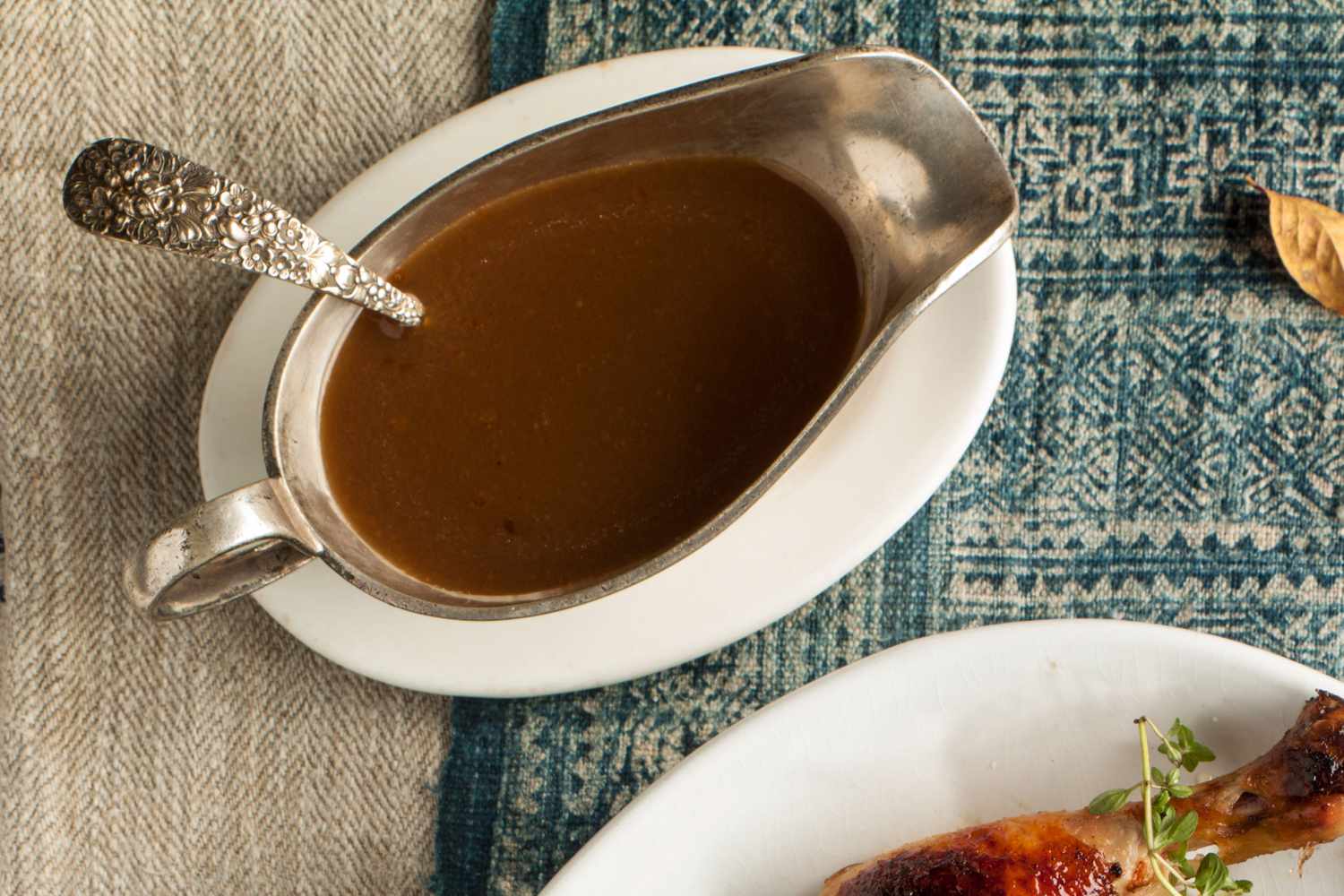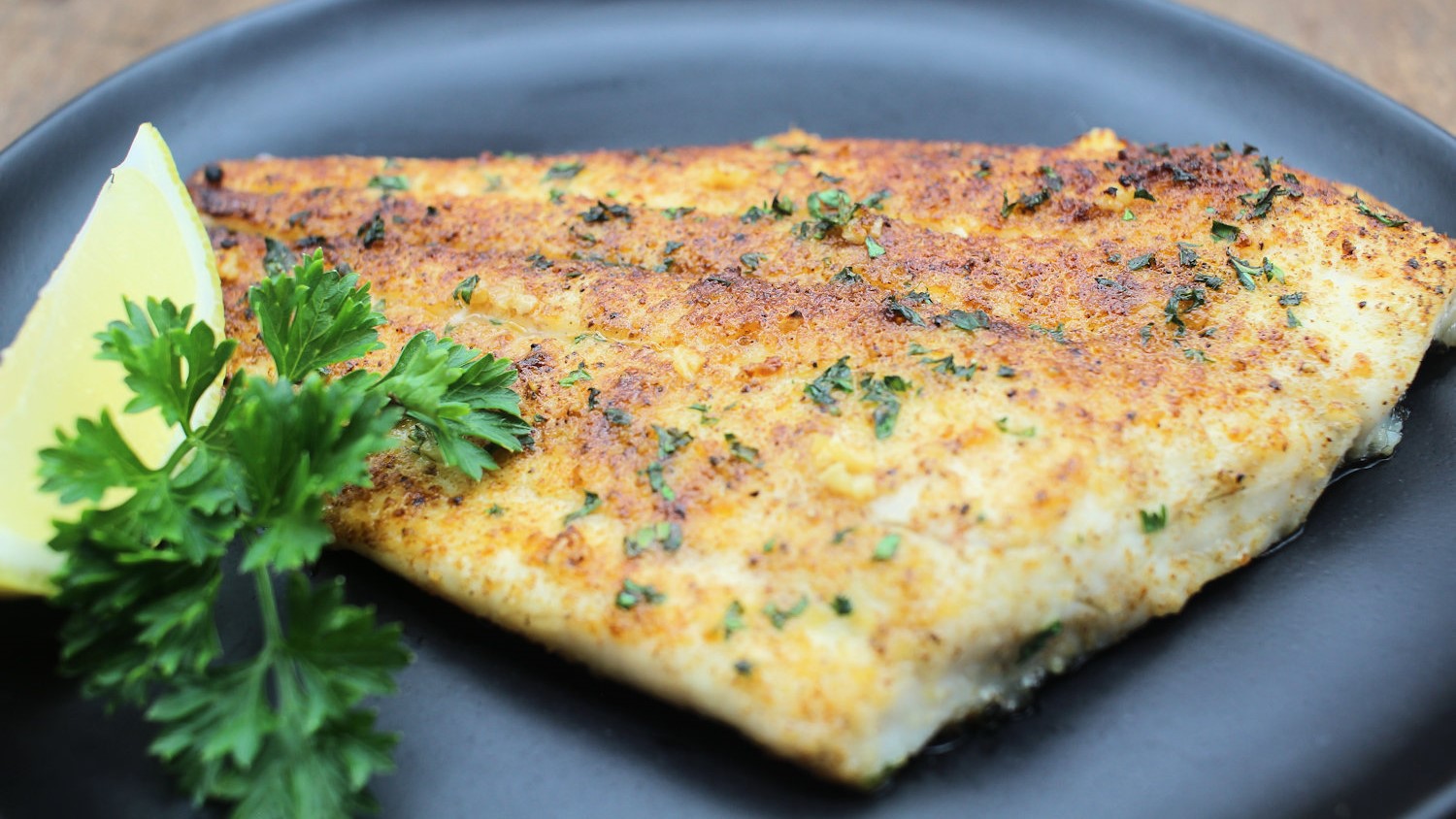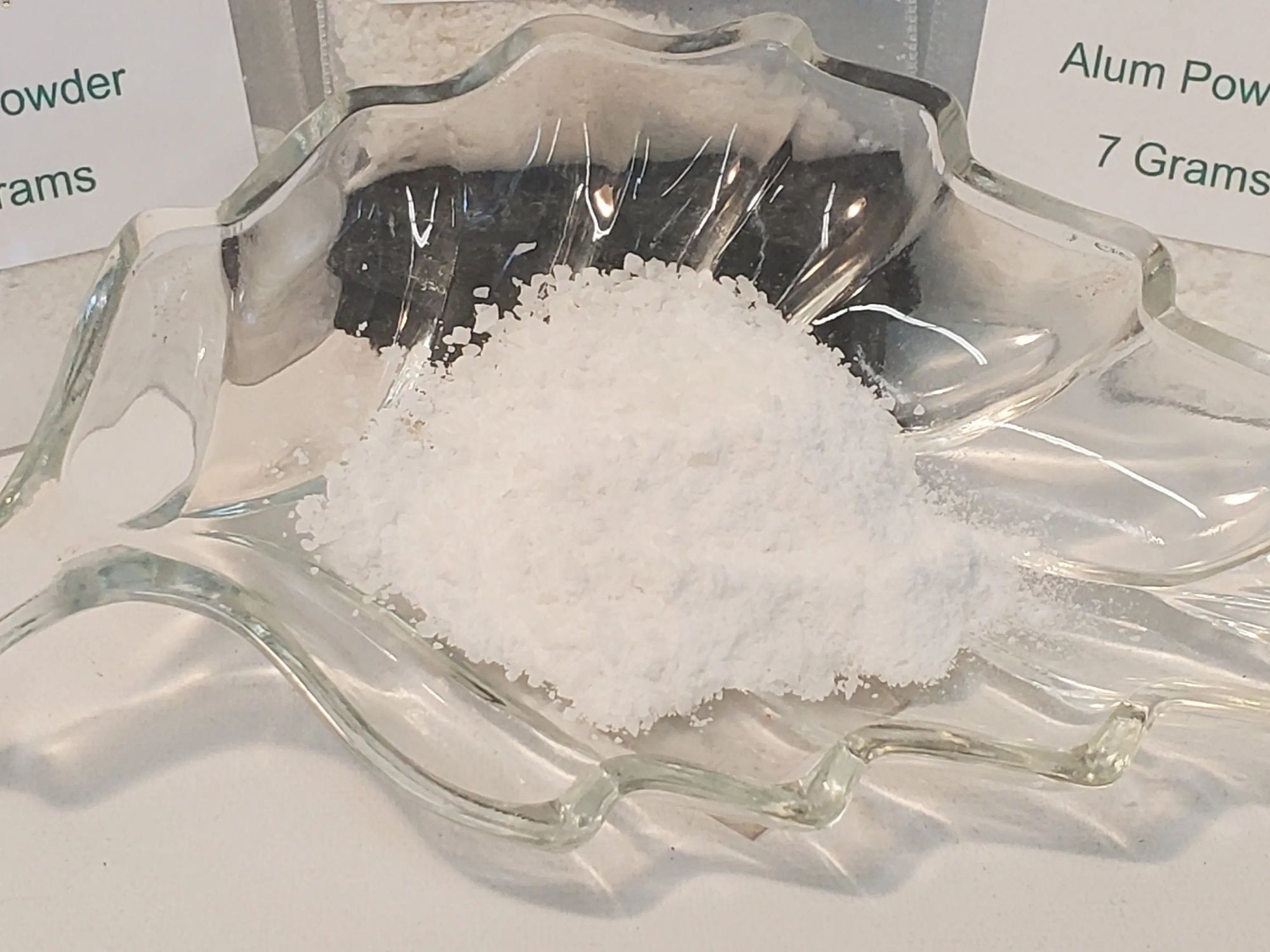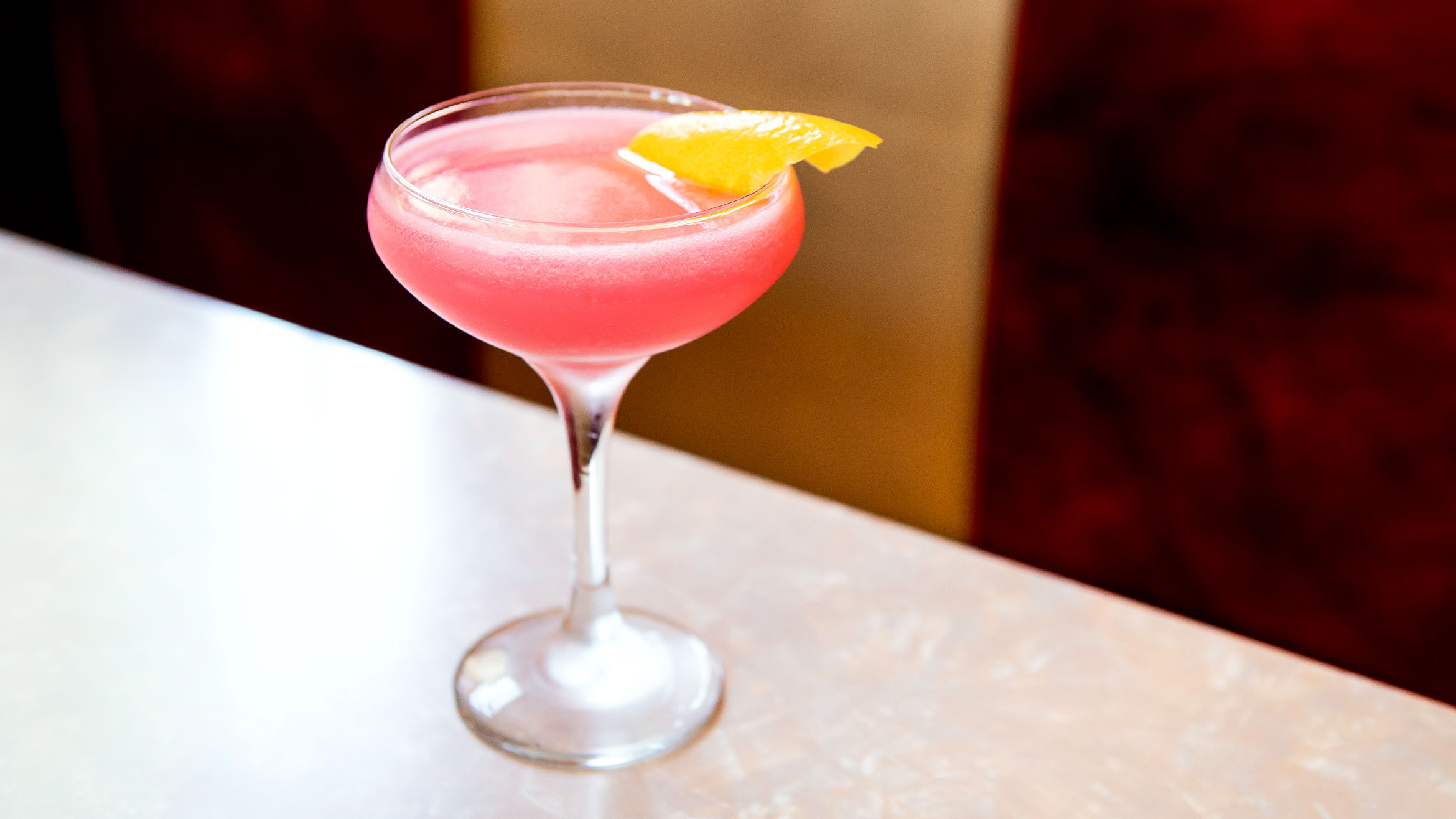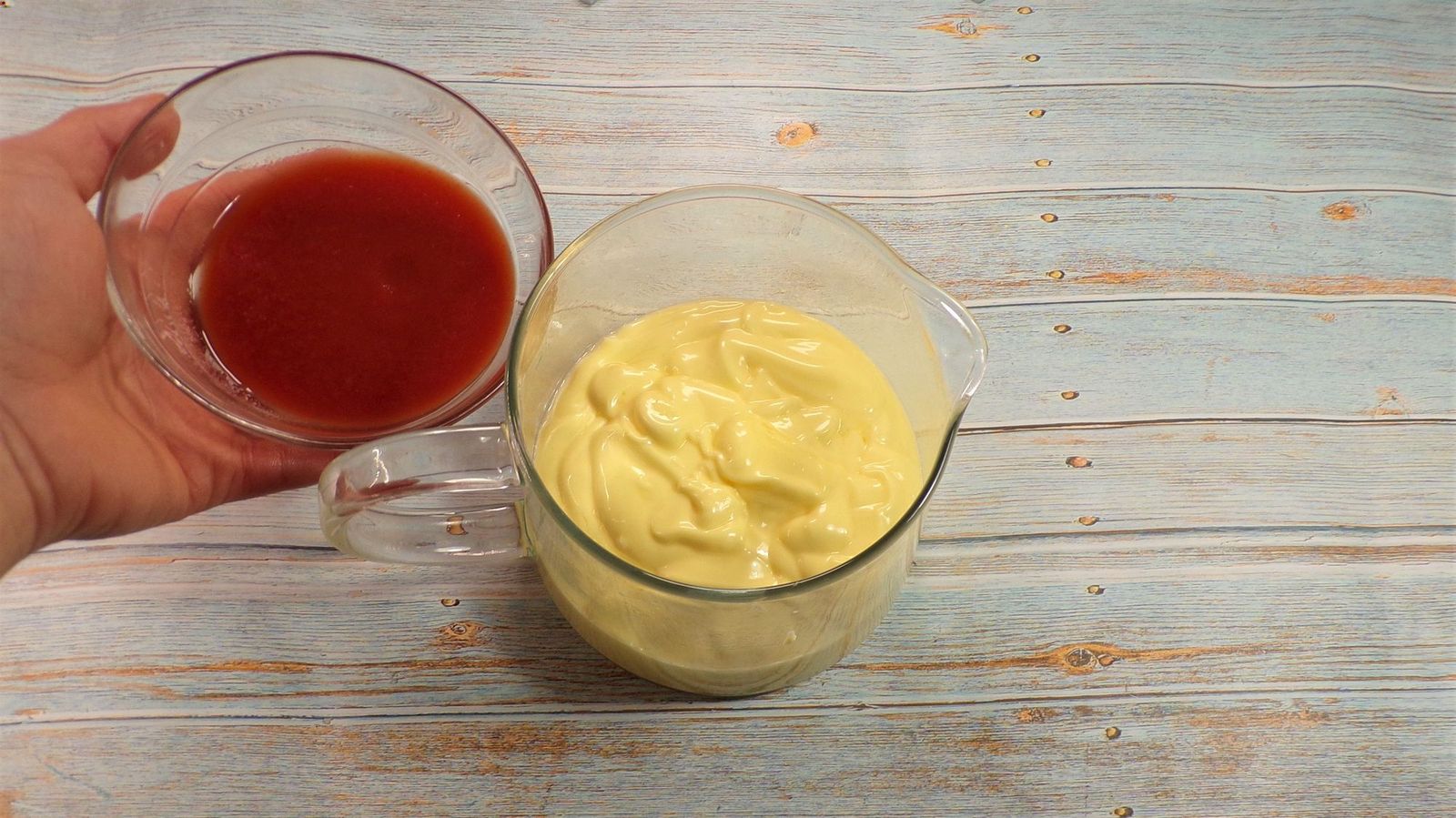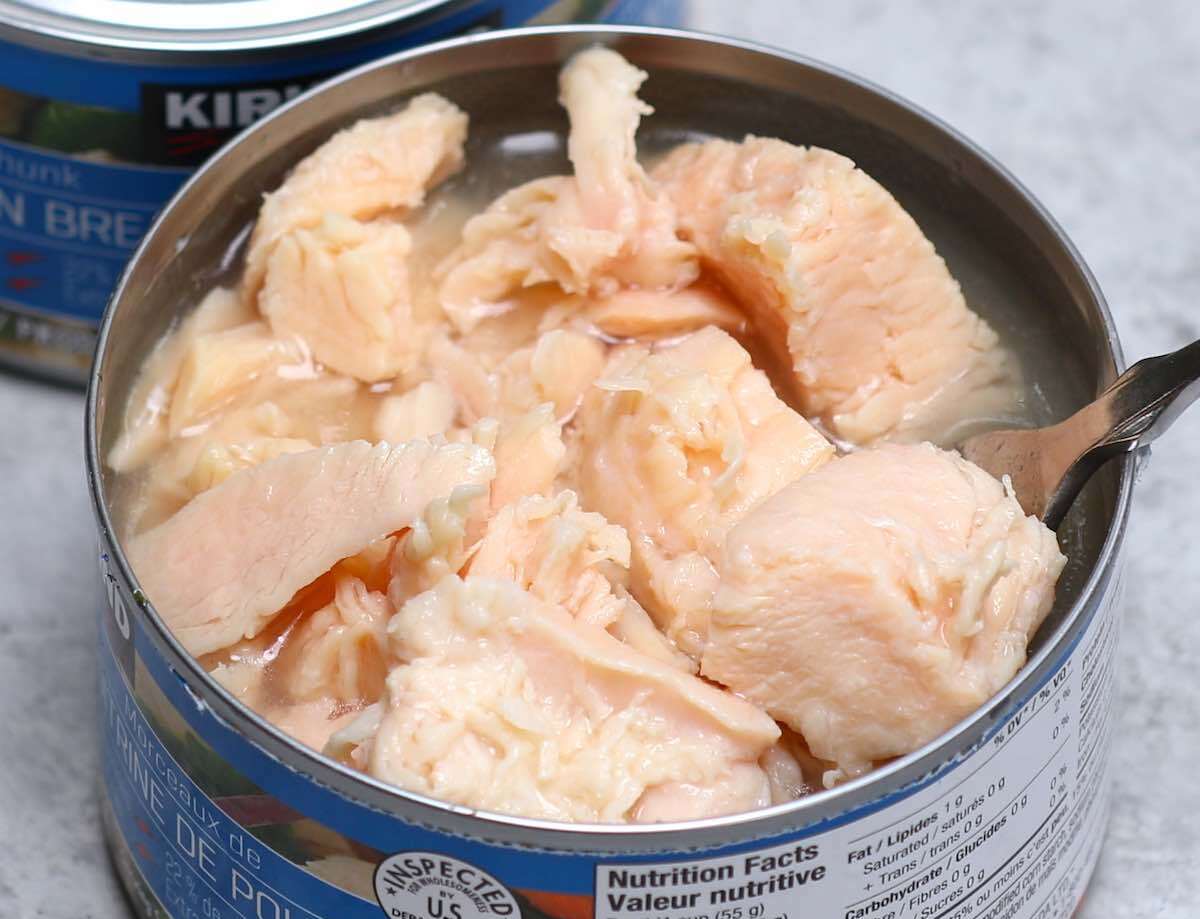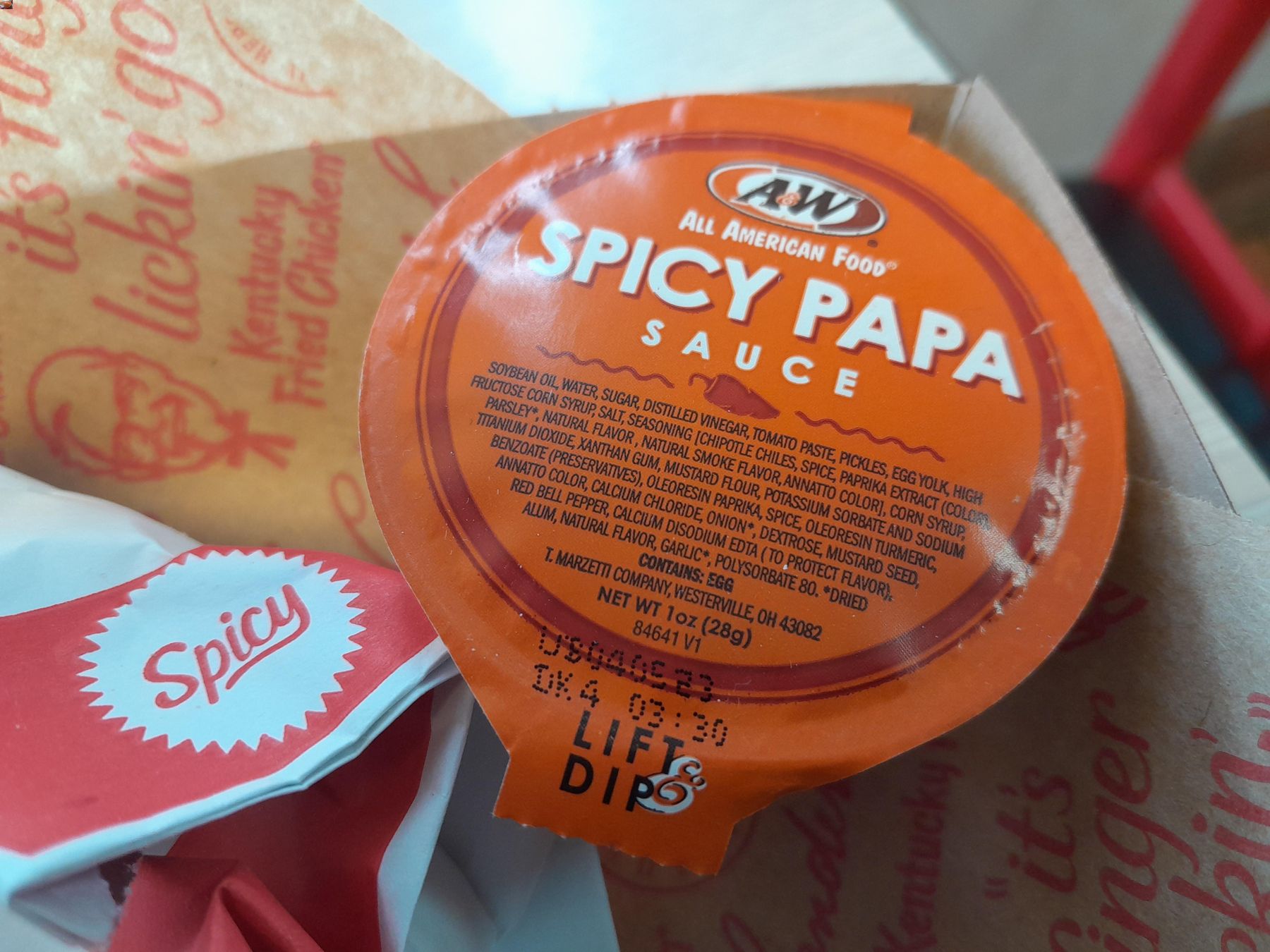Understanding 1 1/2 Teaspoons
When it comes to cooking and baking, precise measurements are crucial for achieving the perfect flavor and texture in your dishes. One common measurement you’ll often come across in recipes is 1 1/2 teaspoons. But what exactly does this measurement entail, and how can you ensure accuracy when using it in your culinary endeavors?
Breaking Down the Measurement
A teaspoon is a unit of volume measurement commonly used in cooking and baking. It’s typically abbreviated as “tsp.” When a recipe calls for 1 1/2 teaspoons of an ingredient, it means you need to measure out one full teaspoon and then add an additional half of a teaspoon.
Here’s a simple breakdown of 1 1/2 teaspoons:
- 1 teaspoon (tsp) = 5 milliliters (mL)
- 1/2 teaspoon (tsp) = 2.5 milliliters (mL)
- 1 1/2 teaspoons (tsp) = 7.5 milliliters (mL)
Now that we’ve clarified the measurement, let’s explore some common ingredients that are often measured in 1 1/2 teaspoon increments.
Common Uses of 1 1/2 Teaspoons
1 1/2 teaspoons are frequently used for adding small amounts of flavoring agents, spices, and leavening agents to recipes. Here are some examples of ingredients that are commonly measured in 1 1/2 teaspoons:
- Vanilla extract
- Cinnamon
- Baking powder
- Baking soda
- Ground ginger
- Garlic powder
These ingredients can significantly impact the taste and texture of your dishes, so it’s important to measure them accurately when following a recipe.
Measuring 1 1/2 Teaspoons
When it comes to measuring out 1 1/2 teaspoons, precision is key. Here are a few tips to ensure accurate measurements:
- Use a set of measuring spoons specifically designed for cooking and baking. These spoons typically come in various sizes, including 1/2 teaspoon and 1 teaspoon, making it easy to measure out 1 1/2 teaspoons when needed.
- Fill the measuring spoon to the brim with the ingredient, then level it off using a straight-edged utensil, such as a knife or spatula, to remove any excess. This will ensure that you’re not inadvertently adding more than the required amount.
- For liquids, use a liquid measuring spoon or cup to achieve precise measurements.
Conclusion
Understanding the measurement of 1 1/2 teaspoons is essential for anyone who loves to cook and bake. By grasping the concept and knowing how to measure accurately, you can elevate the flavors and textures of your culinary creations. Whether you’re adding a hint of vanilla to a cake batter or incorporating the perfect amount of spice into a savory dish, mastering the art of measuring 1 1/2 teaspoons will undoubtedly enhance your cooking and baking skills.
Next time you encounter a recipe calling for 1 1/2 teaspoons, you can approach it with confidence, knowing that you have the knowledge and skills to measure with precision.
Was this page helpful?
Read Next: What Is Arby’s Gyro Meat?
